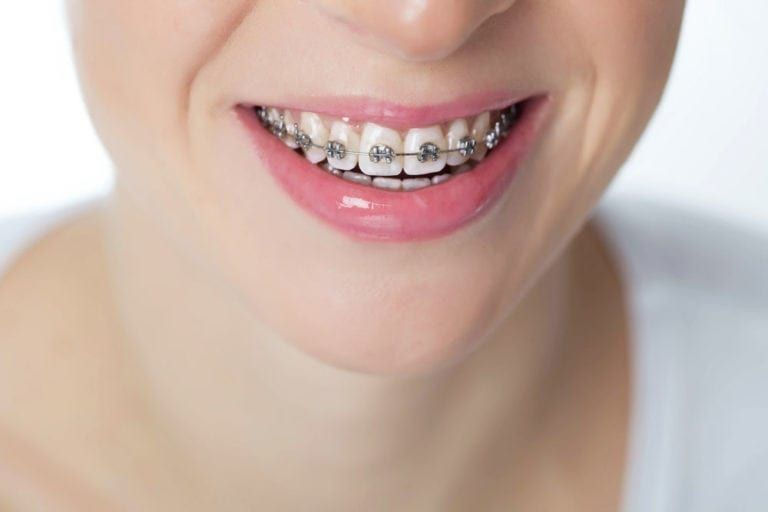What Causes Cavities and How Fillings Help Save Your Teeth
- dclinicdubai
- Oct 16, 2025
- 3 min read
Cavities are one of the most widespread oral health problems, affecting people of all ages. They start small but can quickly lead to serious issues like tooth pain, infection, or even tooth loss if left untreated. That’s where dental fillings come in. For anyone exploring treatment options such as a Dental Tooth Filling in Dubai, it’s helpful to first understand what causes cavities and how fillings restore the strength and structure of affected teeth. Prompt treatment can save your natural teeth and help you avoid more extensive procedures later.
What Are Cavities and How Do They Form:
Cavities, or dental caries, are permanently damaged areas in the hard surface of your teeth that develop into tiny openings or holes. They’re caused by a combination of factors, including frequent snacking, sugary drinks, poor oral hygiene, and the presence of harmful bacteria. When sugars and starches are left on the teeth, bacteria feed on them and produce acid, which slowly erodes the tooth enamel and creates decay.
The Early Signs of Tooth Decay:
Cavity formation is a gradual process, and early signs often go unnoticed. You might feel mild sensitivity when consuming sweets or cold foods, or notice white spots forming on your enamel. As decay progresses, these symptoms can escalate into sharp pain, visible holes, or discoloration. Regular dental checkups are essential for catching cavities in their early stages before they require more invasive treatments.
Risk Factors That Increase Your Chances of Getting Cavities:
Several lifestyle and health-related factors can raise your risk of cavities. These include a high-sugar diet, dry mouth, inconsistent brushing habits, acidic beverages, and deep grooves in the molars that trap food. Children and older adults are particularly vulnerable, but anyone can develop cavities without proper preventive care.
How Fillings Treat Cavities:
When decay is detected, the most effective solution is often a filling. The dentist first removes the decayed portion of the tooth to stop the spread of bacteria. Then, a durable material is used to “fill” the space and rebuild the tooth’s shape and function. A Dental Tooth Filling in Dubai can be completed in a single visit, helping restore the tooth’s integrity and preventing the need for root canals or extractions.
Materials Used for Dental Fillings:
There are different types of filling materials to suit various dental needs. Composite resin is tooth-colored and ideal for visible areas. Amalgam is a silver-toned material known for its strength, especially in molars. Porcelain and gold are also used for their durability and longevity. Your dentist will recommend the best option based on the size and location of the cavity and your cosmetic preferences.
How Fillings Protect the Tooth Long-Term:
Fillings do more than just repair the visible hole. They seal off the space to prevent bacteria from re-entering and causing further damage. By restoring the tooth’s original shape and function, a filling also ensures you can bite and chew properly without pain. With proper care, fillings can last many years and play a key role in maintaining overall dental health.
What Happens If You Don’t Get a Cavity Filled:
Ignoring a cavity can lead to serious complications. The decay can spread deeper into the tooth, reaching the nerve and causing intense pain or infection. In advanced cases, you may need a root canal or extraction to manage the damage. A timely Dental Tooth Filling in Dubai can prevent these issues and preserve your natural tooth structure.
Caring for Your Teeth After Getting a Filling:
After a filling, it’s important to continue with good oral hygiene habits. Brush twice a day with fluoride toothpaste, floss daily, and avoid sugary snacks between meals. Regular dental visits are crucial for monitoring the health of your fillings and checking for any new areas of concern. With consistent care, fillings can provide a long-lasting solution to tooth decay.
Can Fillings Be Replaced:
Yes, dental fillings are durable but not permanent. Over time, they can wear down, crack, or become loose, especially if exposed to hard chewing or grinding. If a filling becomes damaged or fails, it can be safely removed and replaced by your dentist. Scheduling routine checkups ensures any problems are caught early and treated promptly.
Final Thoughts:
Cavities are common, but they don’t have to lead to tooth loss if treated quickly. Understanding what causes them and how fillings work empowers you to take control of your oral health. A well-placed filling stops decay in its tracks, restores tooth strength, and prevents more serious problems. For those seeking expert care, getting a Dental Tooth Filling in Dubai offers an effective, professional solution to protect your smile for years to come.



Comments